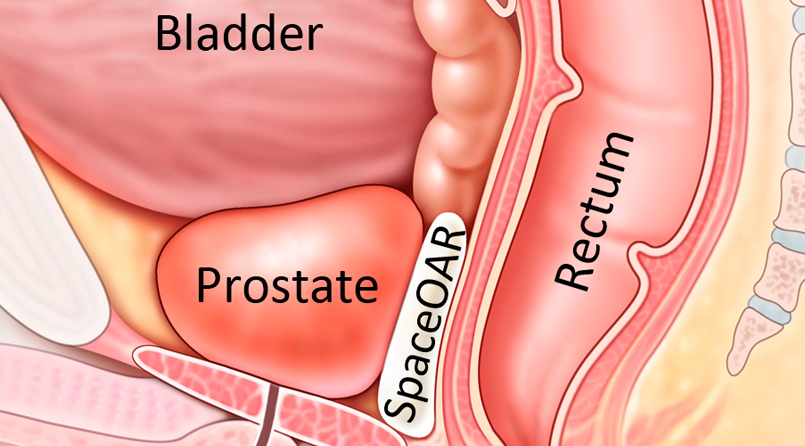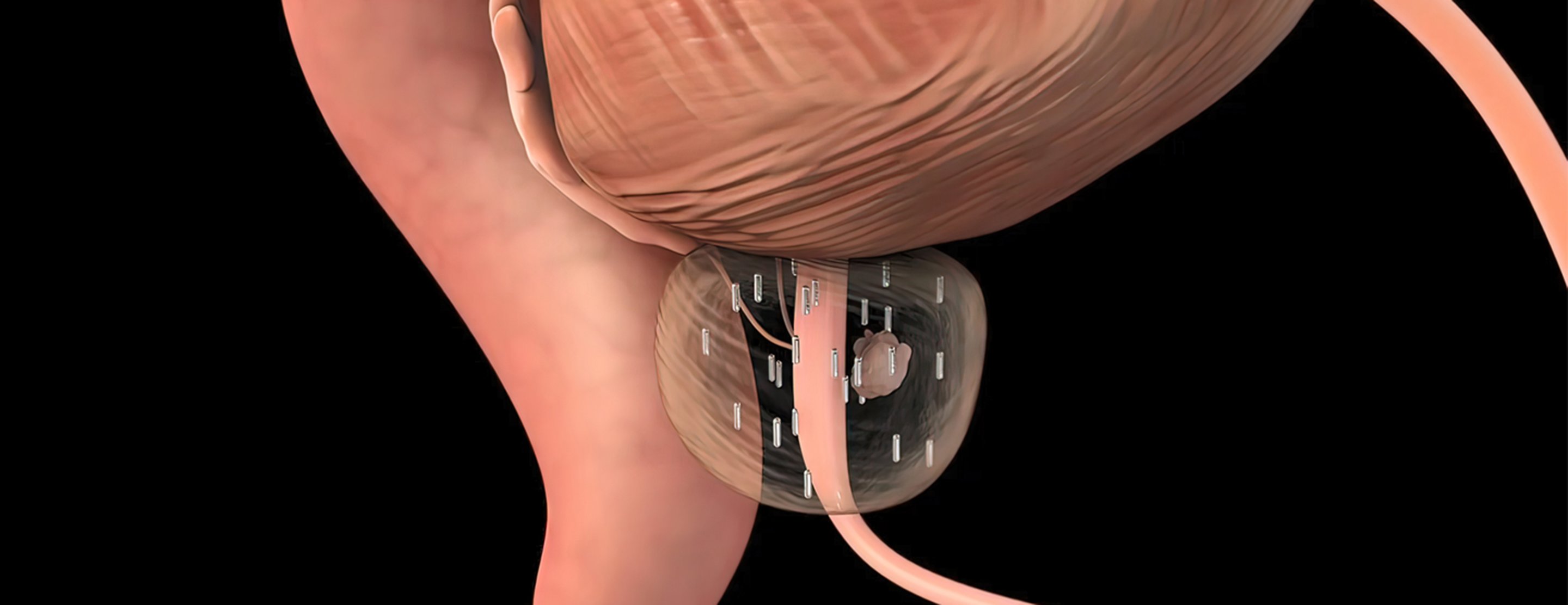The individual who has been diagnosed with prostate cancer and it was treated with radiation, What Happens after Radiation Treatment for Prostate Cancer, regularly asks what comes next. Radiation treatment is mostly on prostate cancer patients, and the recovery plan is heard to the patient and must be understood.

Immediately After Treatment
Within almost no delayed after radiation treatment, after the treatment completion you might experience some side effects.These can include:
Skin irritation:
Best Cancer Hospital in Vijayawada opines that such reactions can range from noticeable rashes and redness of the skin to even itchiness and skin irritation.These negative reactions, more often than not, can be controlled and they are temporary as well. The clinicians will guide you on suitable strategies to get rid of any pain you are feeling at that point in time.
Urinary issues:
You might feel like it burns when urinating and frequent urination. It is the fact that the dose affects these two organs bladder and urethra specifically.
Urinary and bowel issues:
Some of the symptoms, for example, frequent want of urination, urgent desire and bowel irregularity, may last for short time but they are likely to reduce overtime.
Continued fatigue:
But it is a possibility –they could take that much time (and even more)- to gain the same amount of endurance as before. Ensure in first place, well-rested, and do not overexert the mind and body.
It is very necessary that you are there for all follow-up appointments with your oncologist during this time. They undertake the responsibility of doing a post-surgery follow up and giving you any supportive care you may require in the recovery process. What Happens after Radiation Treatment for Prostate Cancer

Long-Term Outlook
The Best Ayurvedic Doctor in Hyderabad suggests that generally, all associated factors with radiotherapy therapy disappear within three months. Nonetheless long term effects may last, it is strongly determined by the given dose of radiation and the nearby affected area.
Urinary incontinence:
For some men long-term urine leak or emptying their bladder intentionally may be the consequence. Patients with pelvic floor muscle weakening may benefit from exercise therapy, medications, or surgery to alleviate incontinence.
Bowel irregularity:
Some patients may experience radiation-induced chronic diarrhea or constipation which can be detrimental. Diet changes, medications, or anything else could be highly needed.
Erectile dysfunction:
Firstly, men may develop lasting erectile dysfunction. Every doctor may prescribe tablets, injections, a vacuum device or surgical interventions to assist you.
Secondary cancers:
In spite of the fact that rarely radiotherapy can exert a negative impact on the development of a cancer in the treated site, it is still a relatively rare situation. The doctor responsible for your case will be keeping an eye out for any unwanted symptoms.
The oncologist follow-up visits at regular intervals should be never neglected because they are the best way to control the progress and detect any remote long-term side effects of the treatment or of cancer relapse.

Lifestyle Changes After Radiation
To support your recovery and overall well-being after radiation treatment, your healthcare team may recommend some lifestyle changes.In order to sustain you the most optimal recovery and general wellness after radiation treatment, your health care team would most likely recommend you go through some necessary lifestyle changes.
Follow a healthy diet:
A nutrient-rich, high-fiber diet can effectively mitigate the impacts of chemotherapy. Among its many benefits, this approach significantly aids in regaining physical fitness and promoting bowel health. It is recommended to have lean proteins like chicken and fish added to your plate sides with fruits and vegetables.
Quit smoking:
Firstly, smoking leads to nicotine compulsions and increases the rate of short-term side effects, and secondly, it raises the risk of a secondary malignancy. Your physician is the one who can suggest to you available venues that can assist you to stop smoking.
Stay hydrated:
It is very essential to drink enough fluid throughout the day, especially water and juices. This reduces the need to urinate urgently, thus, constipation is minimized.. Strive for drinking 8-10 glasses per day.
Exercise regularly:
Low to medium activity metabolism rate is suggested like walking, swimming, or stretching which will enhance stamina, and general wellbeing.
Join a support group:
“Radiation therapy for prostate cancer offers a path to a vibrant life. Follow your treatment team’s advice on managing side effects and embrace positive lifestyle changes for recovery and well-being.
Be patient: Recovery is a gradual process, therefore, you must learn to exercise patience toward yourself and also toward your body as you are healing. Celebrate small achievements as they come by.
Despite the challenges, radiation therapy for prostate cancer offers a path back to a vibrant, healthy life. By heeding your treatment team’s guidance on managing side effects and embracing positive lifestyle changes, you empower your recovery and well-being..



